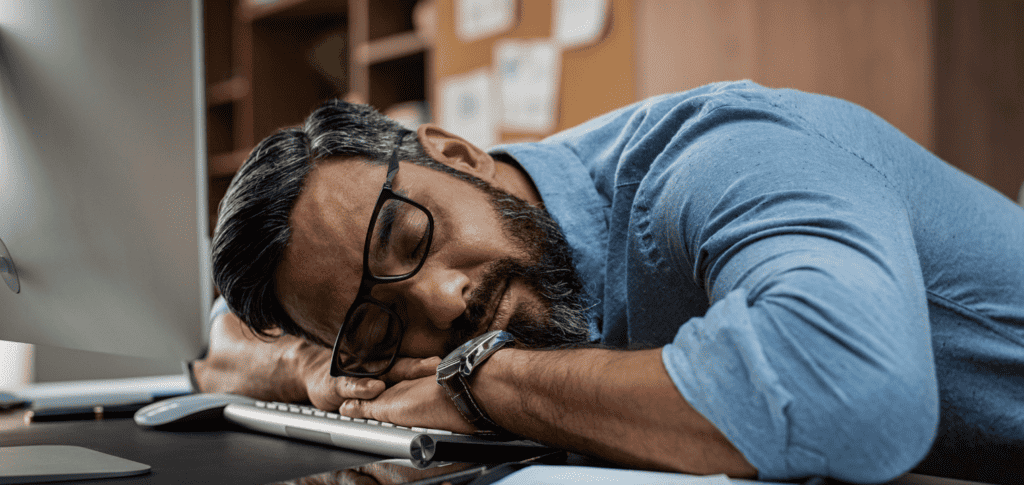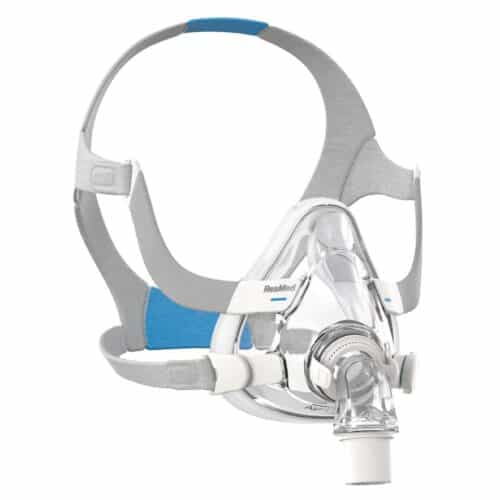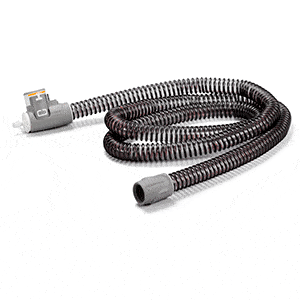Get 10% off your order!
Sign up below for PAP’s Newsletter, and keep an eye on your inbox for a one-time code. Offer not available on sale items.
Getting enough rest is one of the most important things you can do for your body and mind. It’s recommended that adults get around 8 hours of sleep each night to fully prepare themselves for the next day. This helps increase our focus and allows our body to recover from the activities of the previous day. For some people, quality sleep doesn’t come as easy.
People diagnosed with sleep apnea or insomnia may have trouble falling asleep and staying asleep for the recommended 8 hours. While many people may think they are the same thing, there are some distinct differences in each one that can help you diagnose which one you may be suffering from. Getting to the bottom of your restless nights will help find a remedy and get you on your way to a better night’s sleep.
Sleep apnea is a disorder that is characterized by repeated interruptions in breathing during sleep. The interruptions in sleep are called apneas, and they are caused by the airway becoming partially or completely blocked. This results in less airflow for the person and can affect the quality of their sleep.
There are three main types of Sleep Apnea
While each one has their differences, the main issue for someone diagnosed is that they aren’t getting enough air, and it causes choking or pauses in breathing.
Insomnia is described as a disorder that affects a person’s ability to fall asleep or stay asleep despite having the opportunity to do so. Insomnia can be a short-term disorder, but can also be more chronic in certain individuals, affecting their overall well-being.
With insomnia, the cause will need to be determined by a healthcare professional. Some of the most common issues that cause insomnia are:
If you think you are struggling with sleep apnea, you should schedule an appointment with your doctor to better understand your options.

As you can see, both sleep apnea and insomnia disorders leave people feeling tired, irritable, or having trouble concentrating. When it comes to curing sleep apnea and insomnia, there are some major differences as well. The approach to solving your insomnia will vary based off the underlying causes your healthcare provider finds. For sleep apnea, you will still need to work with a healthcare professional, but your options may be more readily available.
Curing sleep apnea and getting a good night’s sleep may be easier than you think. Once you’ve talked to your doctor and have been diagnosed, the next step would be to get a CPAP (Continuous Positive Airway Pressure) machine.
CPAP machines provide a constant flow of air pressure to your airway while you sleep. This helps keep your airway open and prevent apneas from occurring. Once you start using your CPAP machine correctly, your quality of sleep will improve, and you should wake up feeling more rested and ready for the day.
CpapRX has everything you need to get started and can be your CPAP partner throughout your journey. We have all the supplies, masks, and a great selection of machines. We also have At-Home Sleep Tests that can help determine if you need sleep apnea therapy and can even help you fill a CPAP prescription without having to leave your home.
If you’re ready to get started today, contact us and we can help guide the way. Your way to a better night’s sleep starts here with cpapRX.com.


Sign up below for PAP’s Newsletter, and keep an eye on your inbox for a one-time code. Offer not available on sale items.
SUBSCRIBE TO OUR NEWSLETTER Receive exclusive offers & insightful articles to enhance your sleep.
Search by product name, type or brand.
